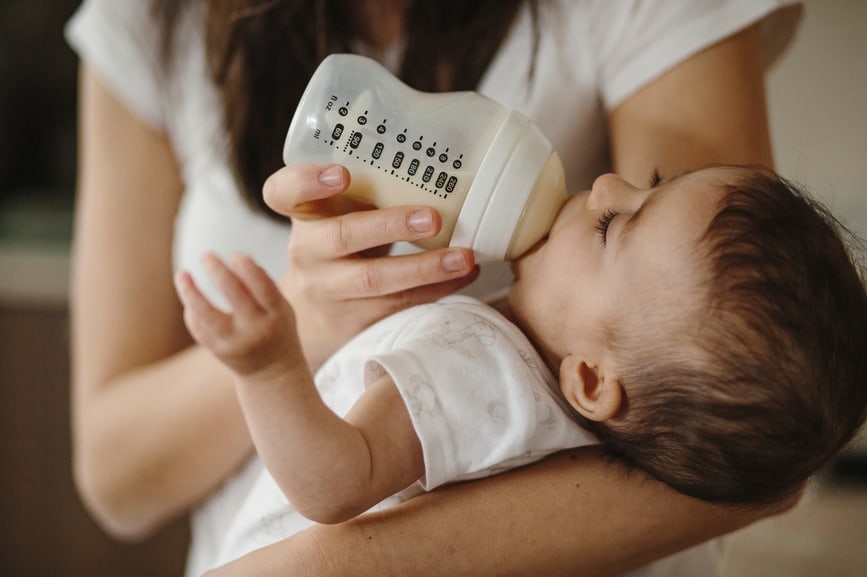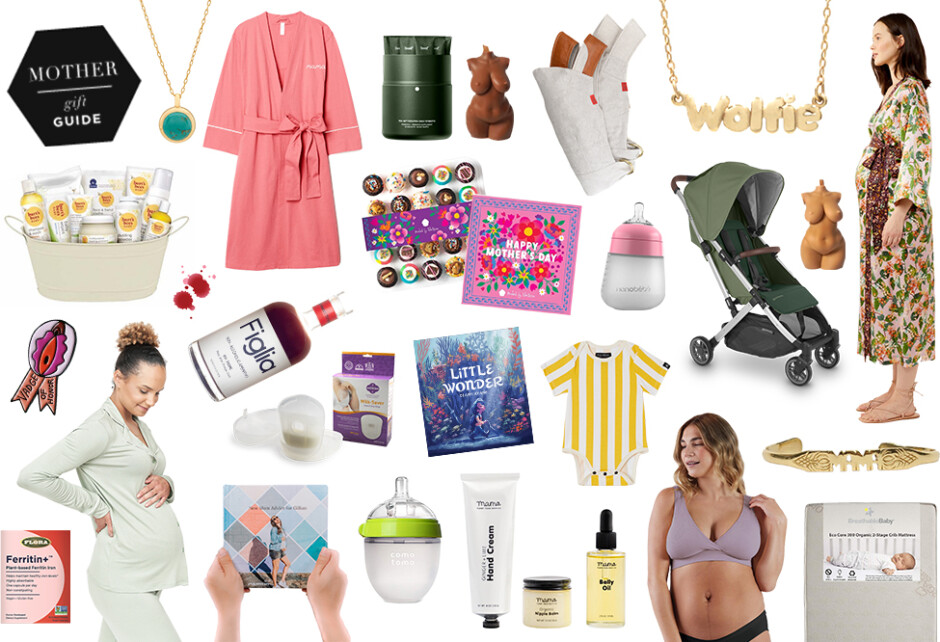
The U.S.A Vs. Breastfeeding
Written by Kate MacLean
Photography by Photo Via Collective Evolution
It seems as though the Trump administration is finding new and inventive ways to shock the international community on a weekly basis. If anything, it will be the defining characteristic of the presidency that we can all agree upon. Earlier this month at the annual conference of the World Health Organization was no exception. In what was assumed to be a mere formality of a vote with no dissension expected, a resolution to encourage and promote breastfeeding worldwide was put forth. Instead of easily passing, the U.S. delegation suddenly threw up a series of roadblocks to impede the resolution. First, they are alleged to have threatened Ecuador—the country in charge of presenting the resolution—with trade penalties. Then, the United States delegation is also alleged to have threatened to remove U.S. funding from WHO. The U.S. is the single largest investor in the organization accounting for 15% of its budget. A removal of this funding would be catastrophic for world health initiatives.
Ultimately, Russia stepped in and presented the resolution in Ecuador’s stead. Because Russia has the power that it does over this administration, the U.S. acquiesced and the resolution passed (without a U.S. signature). While this sequence utterly shocked and confused the international community, it was not without precedent. The country similarly confounded and dismayed the very same community in 1981 when—under President Reagan—they were the only dissenting vote in a meeting of 119 countries for a resolution to promote breastfeeding-friendly messaging globally.
In 1981, the excuse the U.S. gave for such a dissension was the protection of free speech. The resolution was aimed at curtailing language in the advertisements of infant formula. It sought to restrict the wording around the benefits of formula, so as to emphasize that formula isn’t an exact replacement for breast milk, and that it wasn’t better than the latter alternative. This resolution had come on the heels of a global boycott against Nestlé (a major manufacturer of infant formula). Nestlé had been accused of aggressive marketing tactics in developing countries, targeting poor, rural women, and blamed for tens of thousands of infant deaths as a result.
When news earlier this month broke of the alleged threats the administration had made in an effort to block the updated resolution, Trump responded by tweet:
“The failing NY Times Fake News story today about breastfeeding must be called out. The U.S. strongly supports breastfeeding, but we don’t believe women should be denied access to formula. Many women need this option because of malnutrition and poverty.” -Donald J. Trump (@realDonaldTrump) July 9, 2018
The Health and Human Services clarified that official sentiment with this email to the New York Times: “The resolution as originally drafted placed unnecessary hurdles for mothers seeking to provide nutrition to their children. We recognize not all women are able to breastfeed for a variety of reasons. These women should have the choice and access to alternatives for the health of their babies, and not be stigmatized for the ways in which they are able to do so.”
Essentially, the administration insists they merely want to give women a choice (the hypocrisy is nauseating). But, behind every official line is a bigger story, and the story here leads right to the very deep pockets of the infant formula industry. Globally, a $70 billion industry, there are three American companies—Nestlé, Abbot, and Mead Johnson—that make up the majority of the U.S. market and hold large shares of the global one. Last year, the three collectively spent nearly $800,000 in lobbying efforts in Washington. In recent years, sales have either remained flat or fallen in wealthier countries, but overall their sales have grown and are expected to rise 4% this year. This growth is seen in developing countries. In wealthier countries like the U.S. where literacy and education rates are dramatically higher among women, breastfeeding is on the rise.
The use of infant formula is on the rise in developing countries, not because women there are any less capable to breastfeed, but rather because of concerted advertising campaigns meant to encourage women to choose bottle over breast. These are predatory advertising techniques. The Guardian reports of nurse-like men and women patrolling hospitals giving out free samples and encouraging pro-formula literature. In the Philippines, the same report tells of advertisements by brands such as Bonna—which portray the “Bonna kid” as one who is smarter and succeeds in life—convincing mothers that bottle feeding is not only as good for the baby’s health as breast milk, but will bolster their IQ and future prospects. Store displays of formula were also splashed with claims such as: “clinically proven to give the IQ + EQ advantage”.
This is the sort of aggressive and misleading language the resolution this past month was meant to curtail. The problem with aggressive promotion of formula in these countries is not just a cultural or ethical one. It is a matter of life or death. These poorer mothers have less reliable access to clean water, which actually makes feeding with formula a very dangerous practice. Young children are dying as a result of formula mixed with unsafe water. Children are dying of malnutrition, too. Their mothers are forced to “water down” or halve the recommended formula amounts because of the high cost of the product. Breast milk is free and UNICEF has determined that even mothers who are undernourished can supply healthy breast milk to their children. The WHO estimates that if breastfeeding were to replace the rampant formula use in developing worlds, then over 800,000 children’s lives could be saved annually.
Ever since their introduction in the early decades of the 20th century, infant formulas have been a polarizing figure in early-child development. There have been many benefits to their use, both when medically necessary and in allowing women more personal and professional independence in the early years of their child’s life. Lucy Sullivan, the executive director of the non-profit 1,000 Days, told The Huffington Post she thinks infant formula should be marketed as other medical products like insulin: there for those who need it. Sullivan says, “You don’t see cans of insulin being marketed on billboards and on television and on social media and Facebook. You go through aisles of Target, you don’t see giant rows of insulin brands claiming ‘these are going to make you smarter, stronger.’”
Ultimately, the studies have shown many times over the innumerable benefits to breastfeeding. From immunological benefits to weight regulation to the health of the mother. If health and time constraints allow, the official—and global—word is that children be fed exclusively with breastmilk for the first six months of their lives. This does not attempt to place judgement on mothers who choose to do otherwise, but merely to provide accurate facts of breastfeeding and infant health. The aim of the WHO is to provide this information effectively to millions of mothers who are facing conflicting advice from those looking to turn a multi-billion dollar profit. While the U.S. may not follow suit, children all over the world can be grateful that the rest of the developed and developing world are choosing children’s lives over profit.
For more on the topic of breastfeeding in the United States v. other countries, be sure to check out Breastfeeding Around The World.
Share this story




